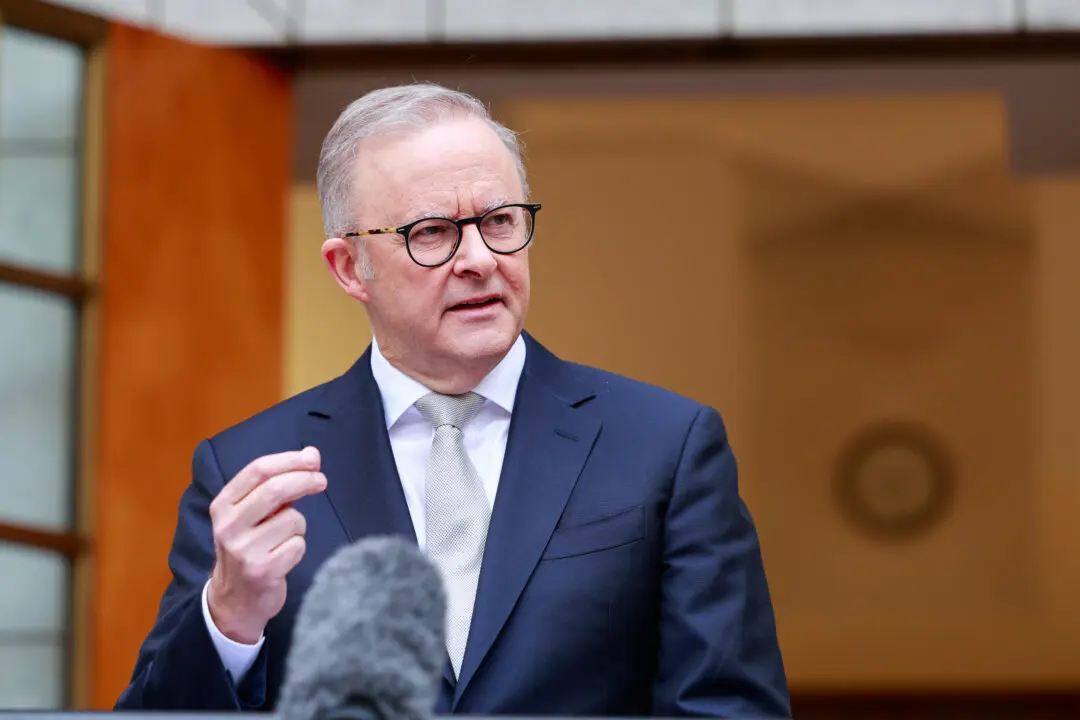BRISBANE, Australia—Competition Minister Andrew Leigh says the gender pay gap can be further cut if the impact of “greedy jobs” in Australia can be reduced.
The term, coined by Harvard University Professor Claudia Goldin, refers to high-paying professions where workers get paid more when they work a greater number of hours than the usual schedule.





